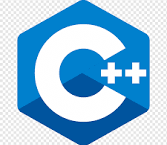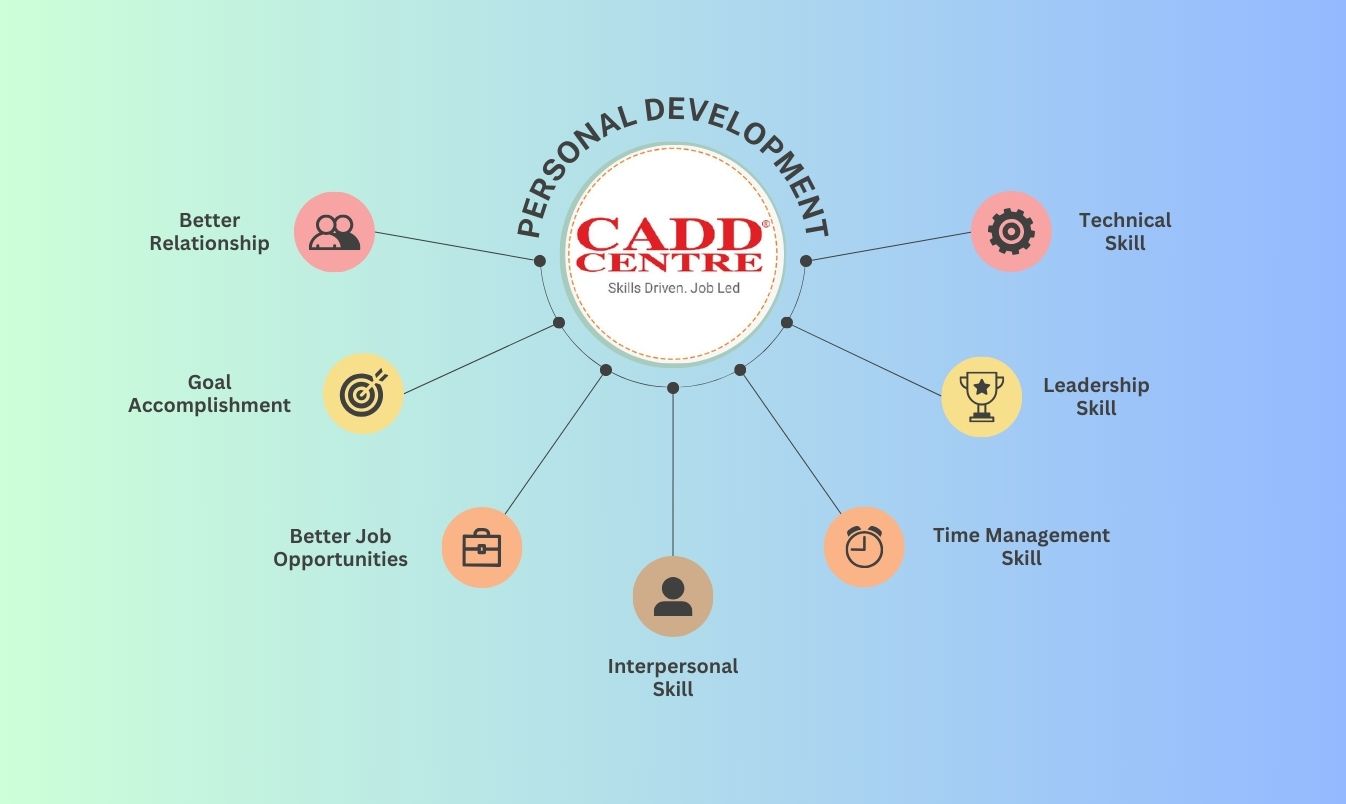Java, developed by James Gosling and Mike Sheridan at Sun Microsystems in the mid-1990s, has become a cornerstone of modern software development. Known for its portability, versatility, and platform independence, Java is widely used for building robust, scalable, and cross-platform applications. One of Java’s key strengths lies in its “Write Once, Run Anywhere” philosophy, achieved through the Java Virtual Machine (JVM). This allows Java applications to be executed on any device with a compatible JVM, regardless of the underlying hardware or operating system, enhancing the language’s ubiquity.
Java’s syntax is designed to be both readable and familiar, incorporating features from languages like C and C++. The language’s object-oriented nature promotes code organization and modularity, making it well-suited for building large-scale enterprise applications. Java’s rich standard library provides a comprehensive set of tools, APIs, and frameworks, streamlining development across various domains.
Java is prominently featured in web development through technologies like Servlets and JavaServer Pages (JSP), while frameworks like Spring have become industry standards for building scalable and maintainable enterprise applications. In addition to web development, Java is a preferred language for Android app development, contributing to the majority of mobile applications on the Android platform.
Java’s commitment to security, with features like the Java Security Manager and bytecode verification, has made it a trusted choice for developing secure applications. The language’s automatic memory management through garbage collection alleviates memory-related concerns, enhancing its reliability and ease of use.
Community support has been pivotal to Java’s success, with a large and active community contributing to the language’s evolution and the development of open-source projects. The Java Community Process (JCP) formalizes this collaborative effort, allowing developers and organizations to propose and implement changes to the Java platform.
In conclusion, Java’s enduring popularity stems from its portability, readability, extensive standard library, and vibrant community. It continues to be a dominant force in enterprise-level application development, web development, mobile app development, and various other domains, reflecting its adaptability and relevance in the dynamic landscape of software engineering.
Grab early bird offer and free Demo Classes
Fill following form and we will be in touch with you for course and fee details:
[contact-form-7 id=”415a0e4″ title=”Contact form 1″]
JAVA SOFTWARE TRAINING
We offer following two module of the course:
Proficient Course: 80 Hours
Essential Course: 40 Hours

Java is a high-level, class-based, object-oriented programming language developed by Sun Microsystems (now owned by Oracle Corporation) in 1995. Java is designed to have as few implementation dependencies as possible, making it a popular choice for building cross-platform applications.Java, developed by James Gosling and Mike Sheridan at Sun Microsystems in the mid-1990s, has become a cornerstone of modern software development. Known for its portability, versatility, and platform independence, Java is widely used for building robust, scalable, and cross-platform applications. One of Java’s key strengths lies in its “Write Once, Run Anywhere” philosophy, achieved through the Java Virtual Machine (JVM). This allows Java applications to be executed on any device with a compatible JVM, regardless of the underlying hardware or operating system, enhancing the language’s ubiquity.
Java’s syntax is designed to be both readable and familiar, incorporating features from languages like C and C++. The language’s object-oriented nature promotes code organization and modularity, making it well-suited for building large-scale enterprise applications. Java’s rich standard library provides a comprehensive set of tools, APIs, and frameworks, streamlining development across various domains.
Java is prominently featured in web development through technologies like Servlets and JavaServer Pages (JSP), while frameworks like Spring have become industry standards for building scalable and maintainable enterprise applications. In addition to web development, Java is a preferred language for Android app development, contributing to the majority of mobile applications on the Android platform.
Java’s commitment to security, with features like the Java Security Manager and bytecode verification, has made it a trusted choice for developing secure applications. The language’s automatic memory management through garbage collection alleviates memory-related concerns, enhancing its reliability and ease of use.
Community support has been pivotal to Java’s success, with a large and active community contributing to the language’s evolution and the development of open-source projects. The Java Community Process (JCP) formalizes this collaborative effort, allowing developers and organizations to propose and implement changes to the Java platform.
In conclusion, Java’s enduring popularity stems from its portability, readability, extensive standard library, and vibrant community. It continues to be a dominant force in enterprise-level application development, web development, mobile app development, and various other domains, reflecting its adaptability and relevance in the dynamic landscape of software engineering.
Applications of Java
- Web Development: Java is extensively used in web development with frameworks like Spring, Hibernate, and JavaServer Faces (JSF).
- Enterprise Applications: Java is the backbone of many enterprise applications due to its robustness and scalability.
- Mobile Development: Android, the most popular mobile OS, primarily uses Java for app development.
- Big Data: Java is used in big data technologies like Hadoop and Apache Spark.
- Embedded Systems: Java is also used in embedded systems due to its platform independence.
Java is a powerful, versatile programming language that continues to be a top choice for developers in various fields. Whether you’re interested in web development, mobile app creation, or large-scale enterprise solutions, mastering Java provides a solid foundation for building robust, high-performance applications. With its rich set of features and strong community support, Java remains an essential skill for any aspiring software developer.
Fill the Enquiry form and we will contact you shortly :
Start Your Professional Journey with following Courses
Architecture, Engineering and Construction>Masters Certificate In Architecture Design > Masters Certificate In Building Design > Masters Certificate in Interior Design > Masters Certificate in BIM > Expert Certificate in Architectural Design >Expert Certificate in Building Design >Expert Certificate in Interior design >Expert Certificate in BIM Production Design> Masters Certificate In Product Design >Masters Certificate In MEP Design > Expert Certificate in Product Design Information Technology > Python For Professionals >Java For Professionals >Robotic Design
Get in Touch
Address:Plot No.10, Above Burger King Restaurant, Near Metro Station, Sector-5 Rajendra Nagar Sahibabad, Ghaziabad, Uttar Pradesh 201005
Phone: +91-8595828647 , 9718824848
About Us
We are associted with CADD CENTRE , a trusted institution, enriching the careers of over 2.5 million learners worldwide technical courses . CADD CENTRE Training Services having training experience of 30 year in the field of AutoCAD(2D&3D) , Revit Architecture ,3ds Max , SoildWorks, CATIA, Ansys, Creo, STADD.PRO, C, C++, Pyhton, JAVA, Robotics Design , SketchUP, NX CAD etc.
Recent Posts
-
🌟 Start Your Journey in Design and Analysis with CADD RNC! 🌟
Are you ready to boost your engineering…
-
🌟 Bring Your Architectural Visions to Life! 🌟
✨ CASCOM 3D specializes in creating 3D-printed…













































